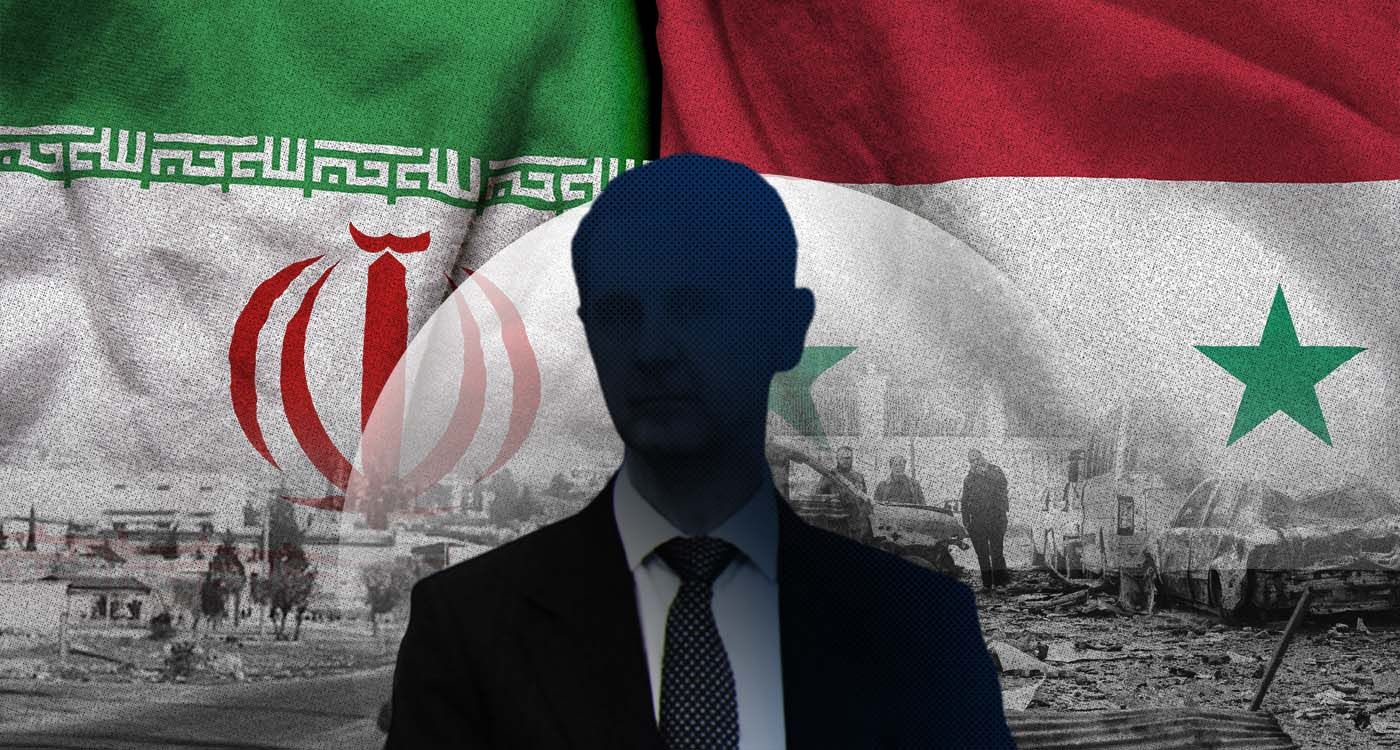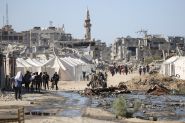- Home
- Middle East
- Syria and the Domino Effect

©This is Beirut
Benjamin Netanyahu has warned in his speech announcing the ceasefire in Lebanon: "Assad is playing with fire." Less than a week later, the Syrian regime is collapsing on all fronts.
This time, Turkey is taking the lead. Erdogan has successfully brought together a diverse coalition of militias, from Islamists to Kurds, for the operation. His goal: to dismantle the Iranian corridor stretching from Tehran, through Baghdad, Damascus, and all the way to Lebanon. Turkish officers are said to be leading the operations. Cities and villages are falling one after another, in the hands of the opposition..
Turkey benefits from strong relations with both Russia and the United States. It can be assumed that the ongoing operation has received the green light from the US, as containing Iran is a strategic objective for Washington.
The Russians, who rescued Assad's regime in 2015, are now providing minimal support. Their raids have had little impact on the ongoing fighting. Is Moscow preparing to abandon Damascus? Officially, the Kremlin denies this, but the signs strongly suggest otherwise. In exchange, Vladimir Putin may secure a favorable deal in Ukraine. The key question now is whether the decision has been made to topple the Assad family or merely to weaken it. The coming weeks will provide the answer.
There is no doubt about the losers: The Iranians and Hezbollah. The mullahs' dream of gaining access to the Mediterranean is receding with each passing day, as is the supply of weapons to the pro-Iranian militia in Lebanon. The images coming from Aleppo and its surrounding areas are revealing. Posters and portraits of (Hassan) Nasrallah, (Qassem) Soleimani, (Ali) Khamenei, and (Bashar) Assad are being publicly pulled down and trampled by rebels, who film the act as if to openly declare their enemies: Iran and its allies.
In the short term, the situation in Syria is a major setback for Hezbollah, which is losing its strategic rear base. This time, there is no prospect of sending thousands of fighters to support the Assad regime. The Shiite militia is emerging from the 66-day conflict with Israel severely weakened, despite its official rhetoric.
The next domino could quickly fall in Iraq. Iran holds significant influence over the country, whose central government is corrupt and struggles to maintain control, especially after many missiles were launched at Israel from its territory. In this context, we could see an unofficial, coordinated effort by the Kurds in the north, alongside a renewed US presence at the central government level. This could unfold rapidly, potentially by January 20.
Next comes the biggest challenge: Iran. The ayatollahs, who have disastrously failed in their "axis of resistance," which has proven to be an empty threat, will do everything, not to protect their nuclear program, but to save their regime, which is facing a serious threat of implosion. The Iranian people are far from naïve. They have already attempted, unsuccessfully, multiple uprisings, violently crushed by the religious authorities—twice. History often repeats itself...
Read more




Comments